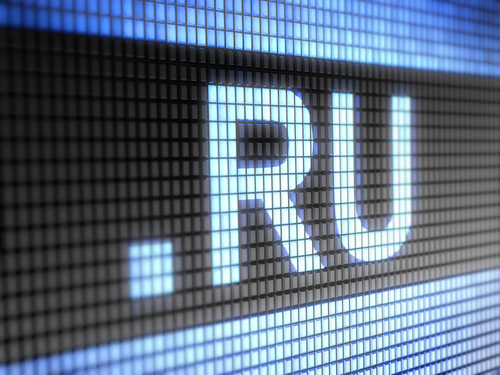The British Foreign Secretary Dominic Raab had a blunt message for Russia on Wednesday when he gave a speech at the National Cyber Security Centre’s (NCSC) CYBERUK conference.
The Foreign Secretary began his speech pointing out that it was four years ago today when NHS computers (and indeed computers around the world) were hit with the WannaCry ransomware.
Raab pointed out that if an attacker had actually carried out a physical attack like this in person, there would have been outrage. But because it took place in the online world, reaction was different.
![]()
UK cyber credentials
Raab cited Harvard’s Belfer Centre, as saying that the UK is already a top-3 global cyber power, alongside the United States and China, after the UK spent years building up its cyber offensive and defensive capabilities.
Last November Ciaran Martin, the former boss of the UK’s cyber guardian, the National Cyber Security Centre (NCSC), urged the government to exercise restraint over its cyber offensive capabilities.
In cyber-space Martin reportedly warned that a strong defence should take precedence over arming ourselves with new weapons.
During his speech on Wednesday, the Foreign Secretary said that the UK still needs “coders and computer scientists if we are to succeed.” But he also said the UK needs “a broader alliance of people involved including teachers and researchers, businessmen and women, and diplomats who understand how to make the best of the power of new technology.”
He also pointed out that while London is well known as a magnet for tech start-ups, Belfast is a world-leading cyber security hub, and a “top international investment location for cyber security firms.”
But the Foreign Secretary then spoke about the darker side of the online world.
“The Integrated Review highlighted the increasingly competitive world we live in, and the clash of values that is playing out today between the countries that want to protect and preserve a system based on open and outward looking societies, and those on the other hand who are promoting an authoritarian international system,” Raab said.
“We can see this clash between authoritarian and democratic states playing out very directly, right now, in cyberspace,” he added.
Ransomware is the rise: how do you keep your data safe?
He pointed out that there is authoritarian regimes including North Korea, Iran, Russia and China using digital tech to sabotage and steal, or to control and censor.
Ransomware attacks
He then pointed out the recent ransomware attack on the US Colonial Pipeline, and how damaging an attack on critical infrastructure can be.
The Colonial Pipeline runs between Texas and New Jersey and is 5,500 mile long.
It carries 2.5 million barrels a day, which translates to 45 percent of the fuel supply for the US East Coast. It includes diesel, petrol and jet fuel.
That attack has resulted in disruption in fuel supplies on the US east coast, and the criminal group called DarkSide has been identified as being responsible.
Darkside is based in Russia, and once the scale of damage its attack had caused became clear, the group quickly issued a statement saying their intent was just to extort money, and had no political backing.
The hurried comments came after US President Joe Biden said he was being briefed about the cyber-attack.
It should be remembered that the US in 2011 said that it reserves the right to retaliate with military force against a cyber attack from a hostile state.
Raab also mentioned a number of noteworthy cyberattacks over the past few years that have been attributed to groups located in China and Russia, including Russian interference in US and UK elections, and Russian attempts to steal Covid vaccine data.
Russia warning
And the foreign secretary Dominic Raab then issued a blunt warning to Russia about sheltering those behind ransomware attacks.
“And let’s be clear, when states like Russia have criminals or gangs operating from their territory they cannot hold up their hands and say not them but they have a responsibility to prosecute them, not shelter them,” he said.
“These cyber-attacks pose a real risk on a daily basis, because what they really want is to undermine our confidence in doing simple things, like checking our bank balance or paying for a food order online,” he said. “So we’ve to adapt to that threat, not just to defence to defend our way of life.”
Raab then said the UK would target those who attempted to harm it, and pointed to the creation of the new National Cyber Force, which will carry out offensive operations.
The foreign secretary also announced £22m in new funding to support cyber capacity building in other countries – including working with Interpol to set up a cyber-operations hub in Africa.
Raab’s comments after the Home Secretary Priti Patel spoke at the same event on Tuesday, where she warned against companies paying the demands of criminals following a ransomware attack.
“Government has a strong position against paying ransoms to criminals, including when targeted by ransomware,” she said, warning that it did not guarantee a successful outcome, and risked encouraging criminality.
Patel also announced plans to review the Computer Misuse Act, which some have criticised as outdated.





